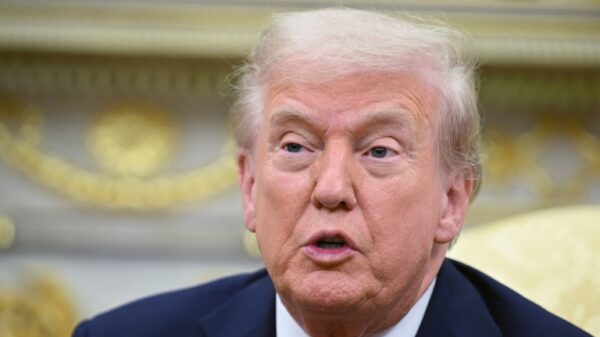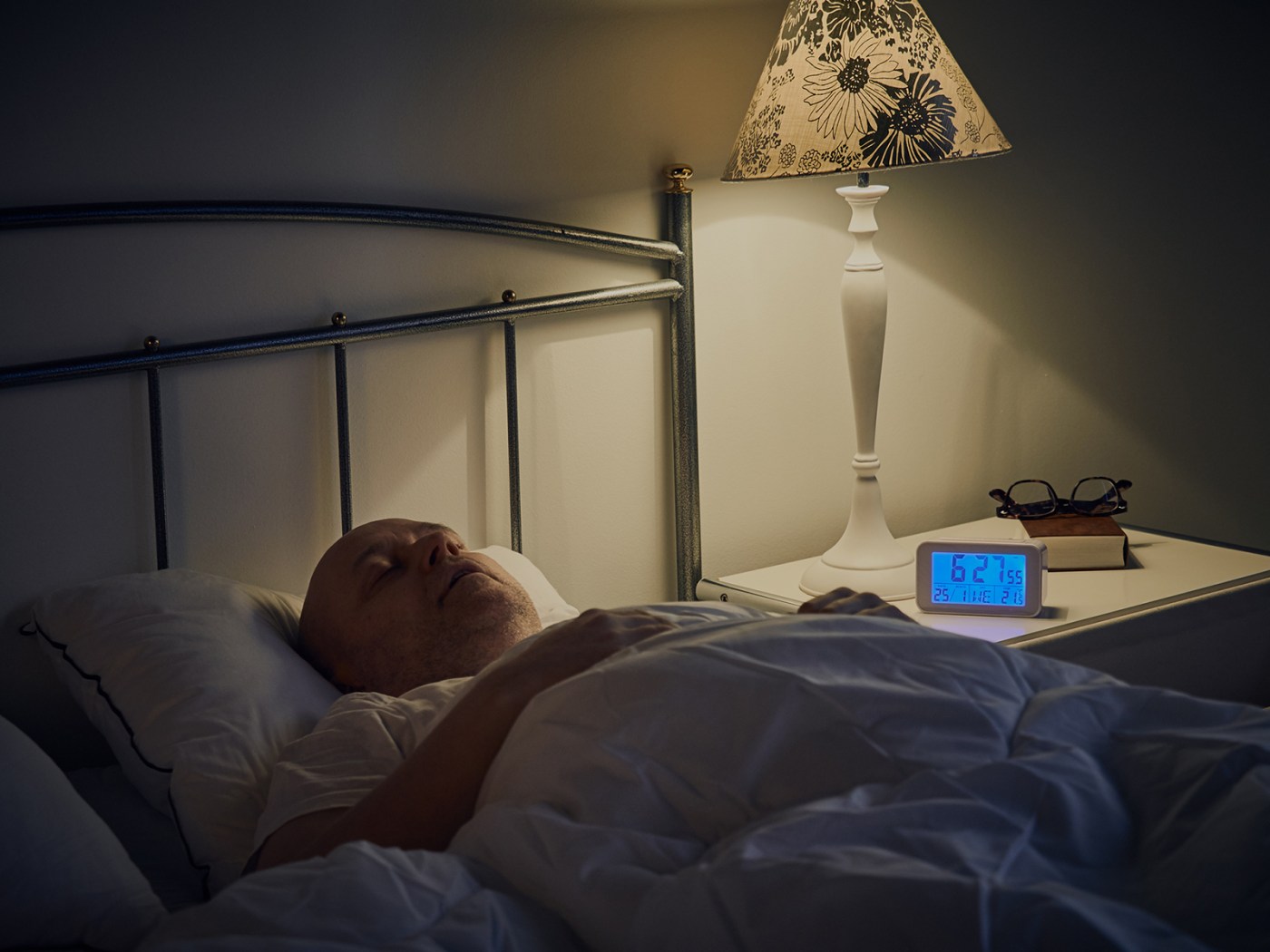UPDATE: New insights from mental health experts reveal that “imposter dreams” may impact leaders significantly, especially in the White House. As the current president reportedly sleeps only four to five hours a night, the lack of REM sleep could contribute to feelings of inadequacy and decision-making struggles.
Dr. Paul Hokemeyer, an expert on mental health and author of “Fragile Power: Why Having Everything is Never Enough,” highlights that such dreams are symptoms of imposter syndrome, a phenomenon affecting many ambitious individuals. These dreams often reflect deep-seated fears of being exposed as frauds, even among the most competent leaders.
In a recent discussion, Hokemeyer shared that U.S. presidents are particularly susceptible to these dreams due to immense public expectations. For instance, consider a hypothetical scenario where a president is enjoying leisure time, only to be confronted by a distraught parent mourning the loss of a child to a preventable disease. This vivid nightmare emphasizes the pressure of their role and the weight of their decisions.
Another unsettling dream might involve the president in the West Wing, overwhelmed by troubling headlines that threaten to shatter public trust. The emotional toll of such dreams can be profound, leading to sleepless nights and increased self-doubt.
Interestingly, leadership expert Melissa Eisler suggests that imposter syndrome may have unexpected benefits. In her article, “Five Surprising Benefits of Imposter Syndrome,” she argues that self-doubt can refine decision-making skills. By questioning their own instincts, leaders are more likely to thoroughly research and consider their choices, potentially leading to better outcomes.
These revelations are particularly urgent given the current president’s reported sleep patterns. Insufficient sleep not only hampers REM cycles but also limits the opportunity for critical dreaming, which can process emotions and enhance cognitive functions.
With the implications of these findings weighing heavily on leadership efficacy, experts urge a reevaluation of sleep practices among top officials. As the nation faces pressing challenges, the well-being of its leaders is more crucial than ever.
As this story develops, attention will remain focused on how sleep and mental health impact leadership in high-stakes environments. The urgency of addressing these issues cannot be understated, as they directly influence the decisions that affect millions.
Stay tuned for more updates on this critical topic.


































































